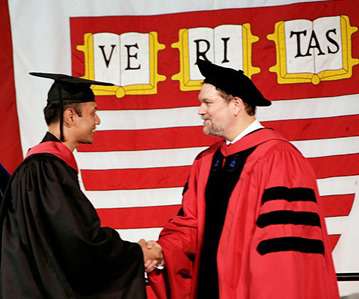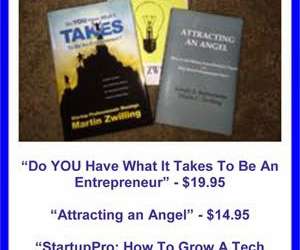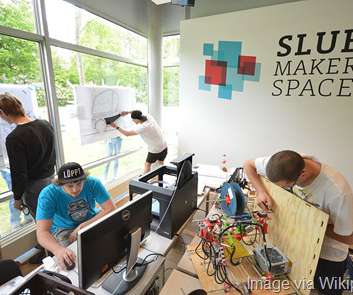Incubating LA's Startup Future At the USC Viterbi Startup Garage
socalTECH
APRIL 8, 2013
A few weeks ago, the University of Southern California announced a new startup incubator, the Viterbi Startup Garage ([link] backed by such notable investors as Kleiner Perkins Caufield & Byers and the United Talent Agency. What''s the mission behind the new startup incubator? How did the incubator come about?










































Let's personalize your content